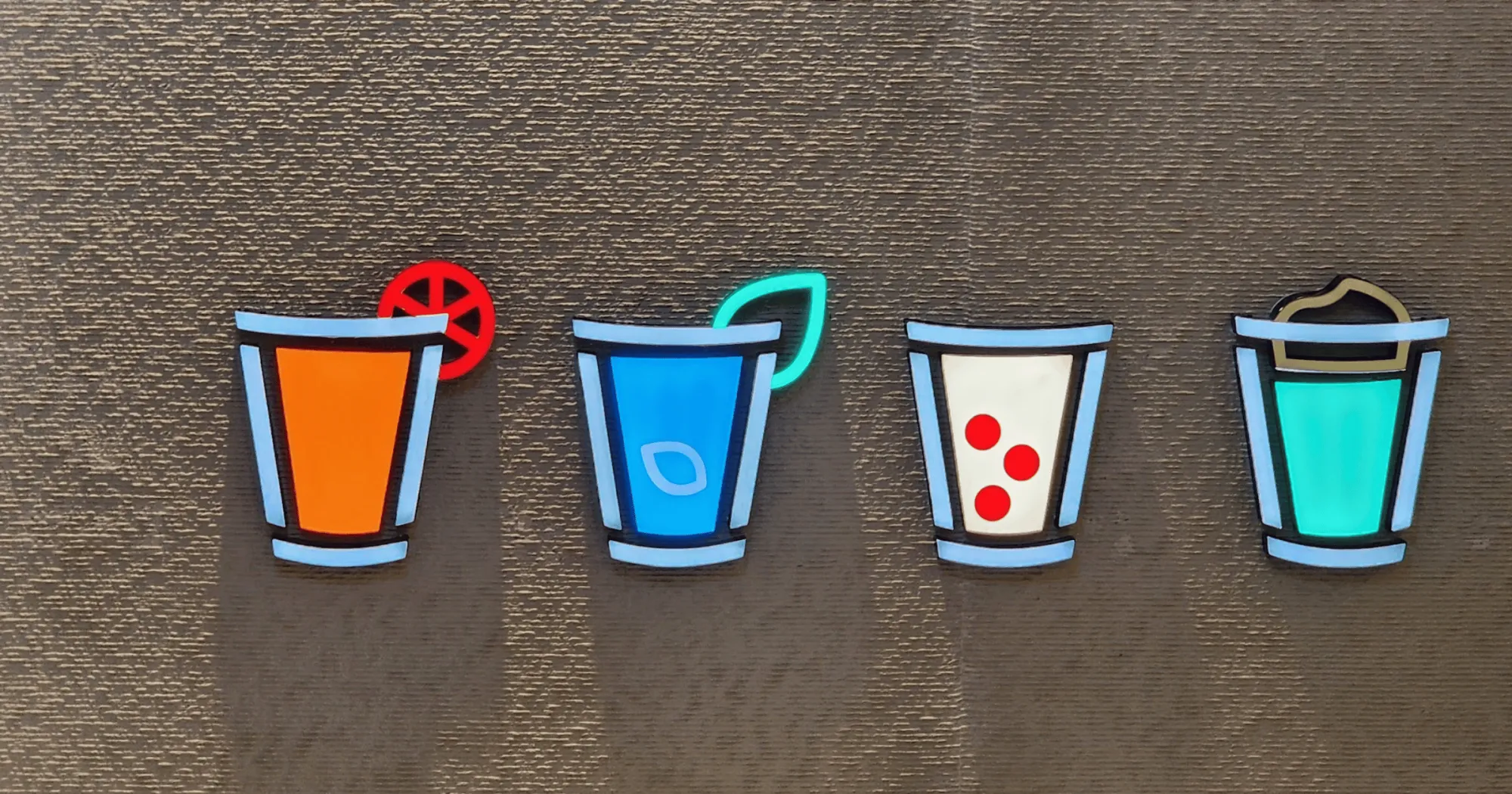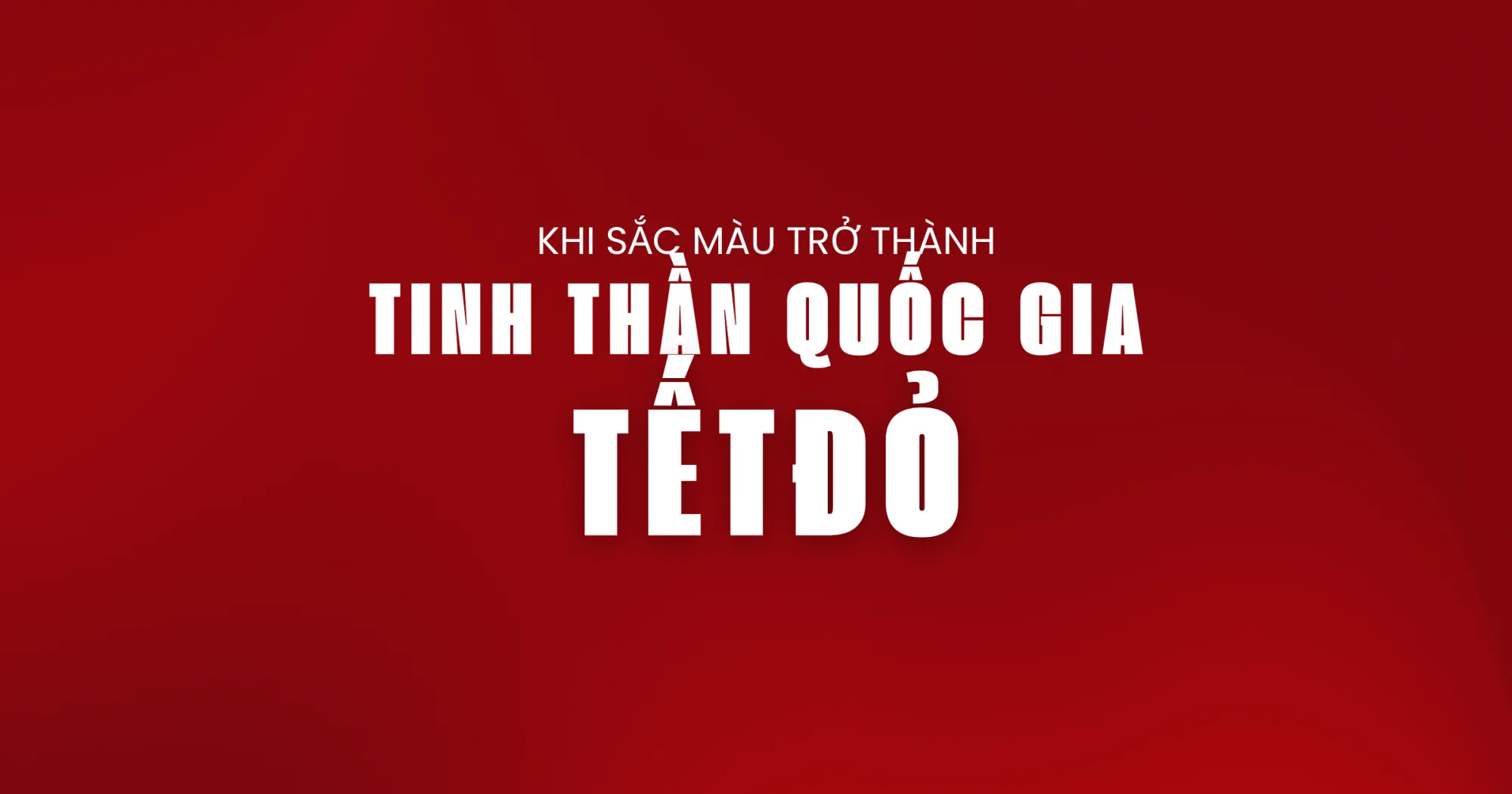Why are mountain climbing and entrepreneurship similar? They seem like two completely different concepts?
Did you know that the life-and-death lessons on Mount Everest are the compass for success in business? From risk management to leadership, the journey to conquer the summit and building a business have many surprising similarities – but also contain important differences that will surprise you.
I. Strategic Similarities
Requires Thorough Preparation
- Mountaineering: Requires terrain research, weather forecasting, equipment preparation (ropes, hooks, spare oxygen). Lack of preparation = high risk of death.
- Business: Requires market analysis, capital, human resources. Starting a business without a plan = 90% failure (according to CB Insights) → Lesson: Both follow the principle “Fail to prepare = prepare to fail”.
Manage limited resources
- Climbing: Allocate oxygen, water, calories wisely. Climbing too fast = burnout midway.
- Business: Balance cash flow, manpower. Expanding too fast = bankruptcy like WeWork 2019.
→ Difference: Businesses can raise capital, but mountain climbers have to fend for themselves with their own bags..
The Role of the Guide (Sherpa vs Mentor)
- Mountain Climbing: The Sherpa understands the dangerous terrain, but does not climb for you.
- Business: The corporate advisor points out mistakes, but does not make decisions for the CEO.
→ TBoth need to humbly learn from those who have gone before.

II. Core Differences
Risk Level
- Mountaineering: Direct physical risk (broken bones, death). Everest 2023 has 17 deaths.
- Business: Financial risk, reputation. Can recover from bankruptcy (like Apple in the 1990s).
→ Assessment: Business allows for multiple failures, wrong mountaineering can cost you your life instantly.
Luck factor
- Mountaineering: Bad weather can ruin a trip even with perfect preparation (e.g., a sudden snowstorm).
- Business: Luck is directly proportional to preparation (Warren Buffett: “The harder I work, the luckier I get”).
→ Analytics: Business has a higher element of control thanks to data and strategic adjustments
Defining success
- Mountain climbing: Success is surviving and getting home safely (even if you don’t reach the top).
- Business: Success is often measured by profit/market share, sometimes at the expense of health and relationships.
→ Paradox: Mountain climbing promotes self-worth, business easily trades well-being for achievement.

III. Practical application (Framework 4P)
| Element | Climbing | Business |
| Preparation (Chuẩn bị) | 6 month fitness training | Make a 1 year business plan |
| Pacing (Nhịp độ) | Climb with the weakest group | Growth by capital |
| Pivot (Xoay chuyển) | Stop climbing if the weather is bad | Pivot model as needed (eg Netflix from DVD to streaming) |
| Purpose (Mục đích) | Conquer yourself | Addressing market needs |

Let’s analyze the similarities between mountain climbing and business through the lens of 4 key factors:
Preparation – The art of preparation
- Before conquering Everest, climbers spend years training physically, studying each route.
- Similarly, Jeff Bezos spent 2 years “in hiding” to build a detailed plan before launching Amazon. Both prove: success begins with quiet but thorough preparation steps.
Pacing – Smart Pacing
In the Himalayas, mountaineering groups always move with the weakest member – the principle of “the speed of the group is the speed of the slowest person”.
This is strangely similar to the philosophy of “sustainable growth” in business: Airbnb has been steadfast in refusing to expand internationally too quickly when given the opportunity, in order to focus on strengthening the quality of its service.
Pivot – Flexibility to pivot
In 2015, when a sudden snowstorm hit at 7,000m, climber Nimsdai Purja decided to retreat even though he was only a few hours away from the summit.
This flexibility mirrors Microsoft’s decision to shift from Windows Phone to focus on cloud computing – a pivot that was vital
Purpose – Inner Compass
Ed Viesturs – the first American to conquer the world’s 14 highest peaks without using bottled oxygen – once said: “The summit is only half the journey, the real goal is to return home safely.” This echoes the thinking of Patagonia – a business that always puts environmental protection above profit, proving that sustainable success requires a solid value compass.
→ Bottom Line: Whether it’s mountain climbing or business, these four Ps form the backbone of any successful strategy. The only difference is in how they are applied: while climbers measure in lives, entrepreneurs measure in resources – but neither can succeed without any of them.
“At the top of a mountain or at the top of a career, the best decisions often come from a combination of careful preparation and the ability to adapt on the fly” – a principle that both Reinhold Messner (the legendary mountaineer) and Satya Nadella (CEO of Microsoft) know by heart.
Expert Conclusion
Both climbing and entrepreneurship are about pushing the boundaries, but the biggest difference lies in the measure of risk and the nature of success. What entrepreneurs can learn from climbing:
- Respecting Nature = Respecting the Market
- Knowing When to Stop (like Amazon Canceling the Fire Phone Project to Focus on AWS)
- True Success is a Journey, Not a Destination

““In the mountains or in the marketplace, it is not the strongest who survives, but the one who adapts the fastest” — Applying Darwin’s theory of evolution to both mountain climbing and business.












